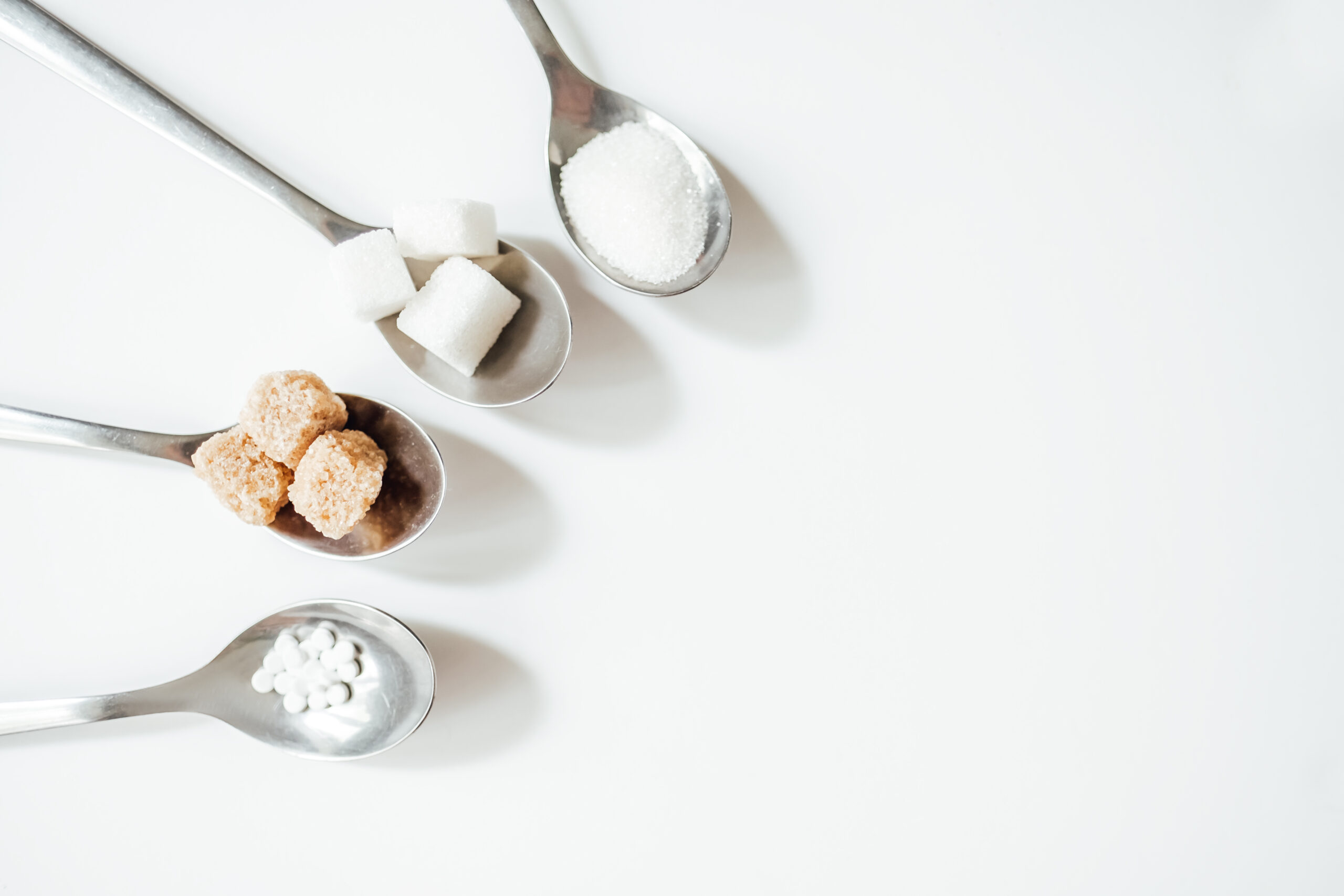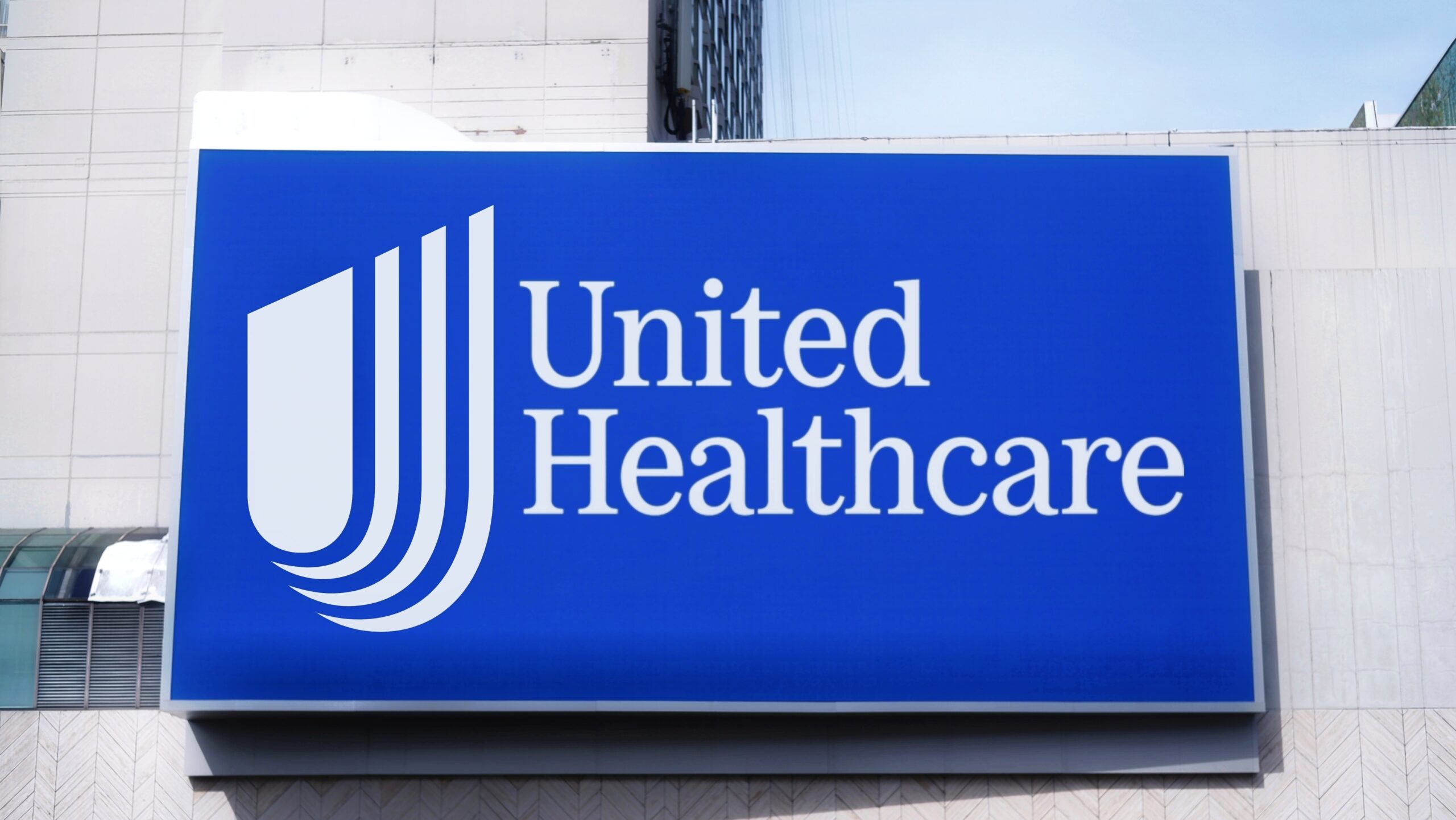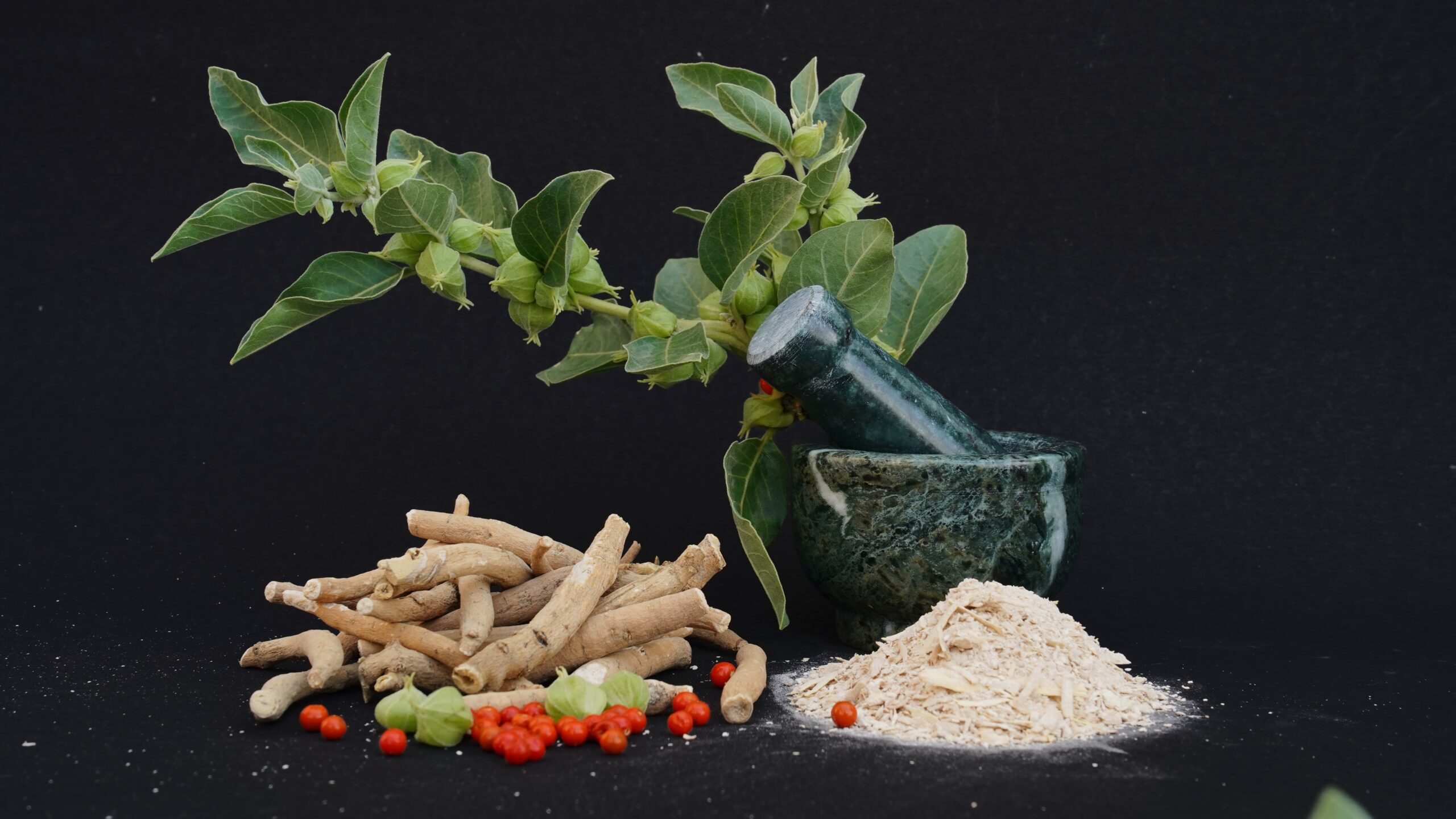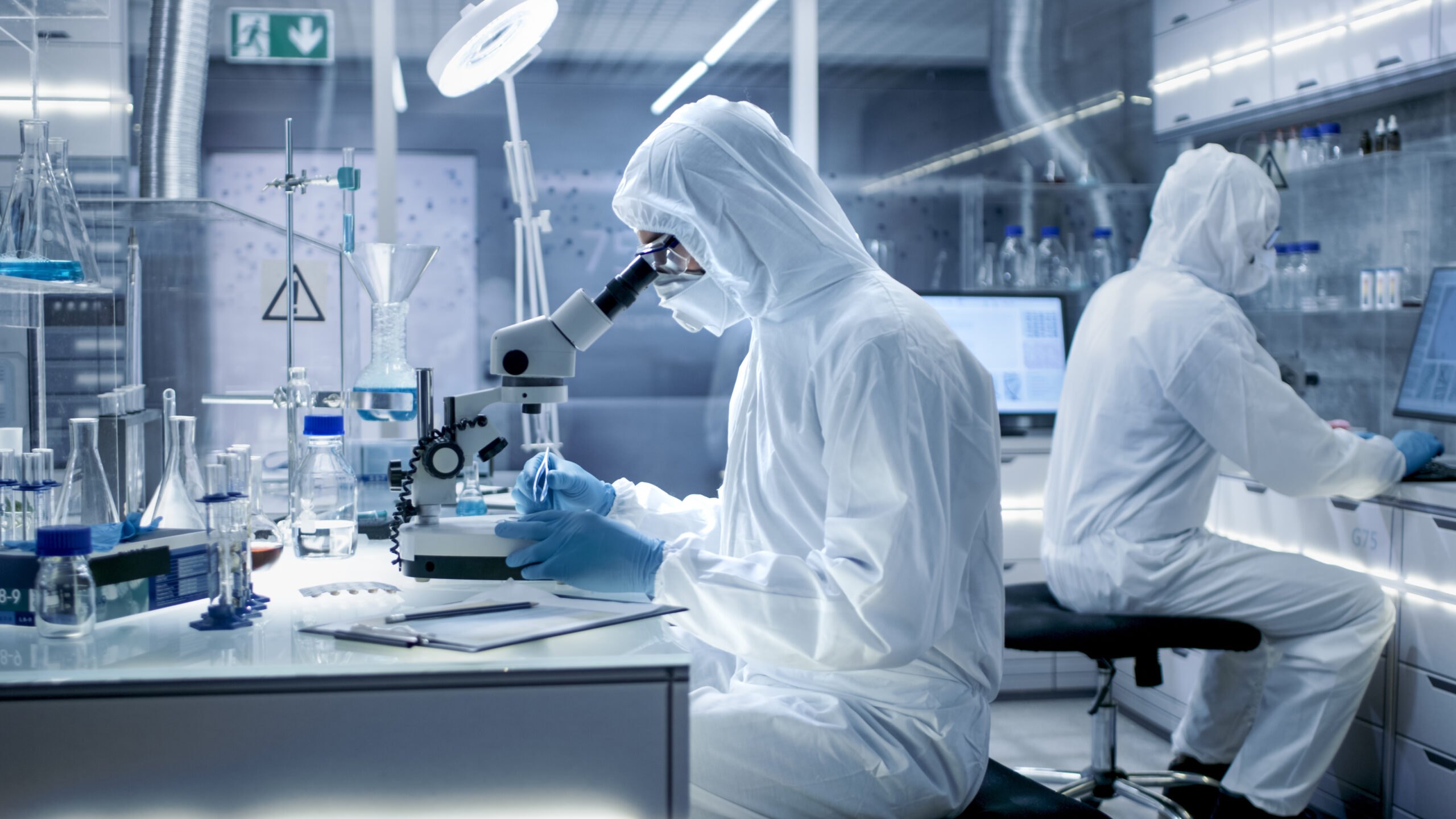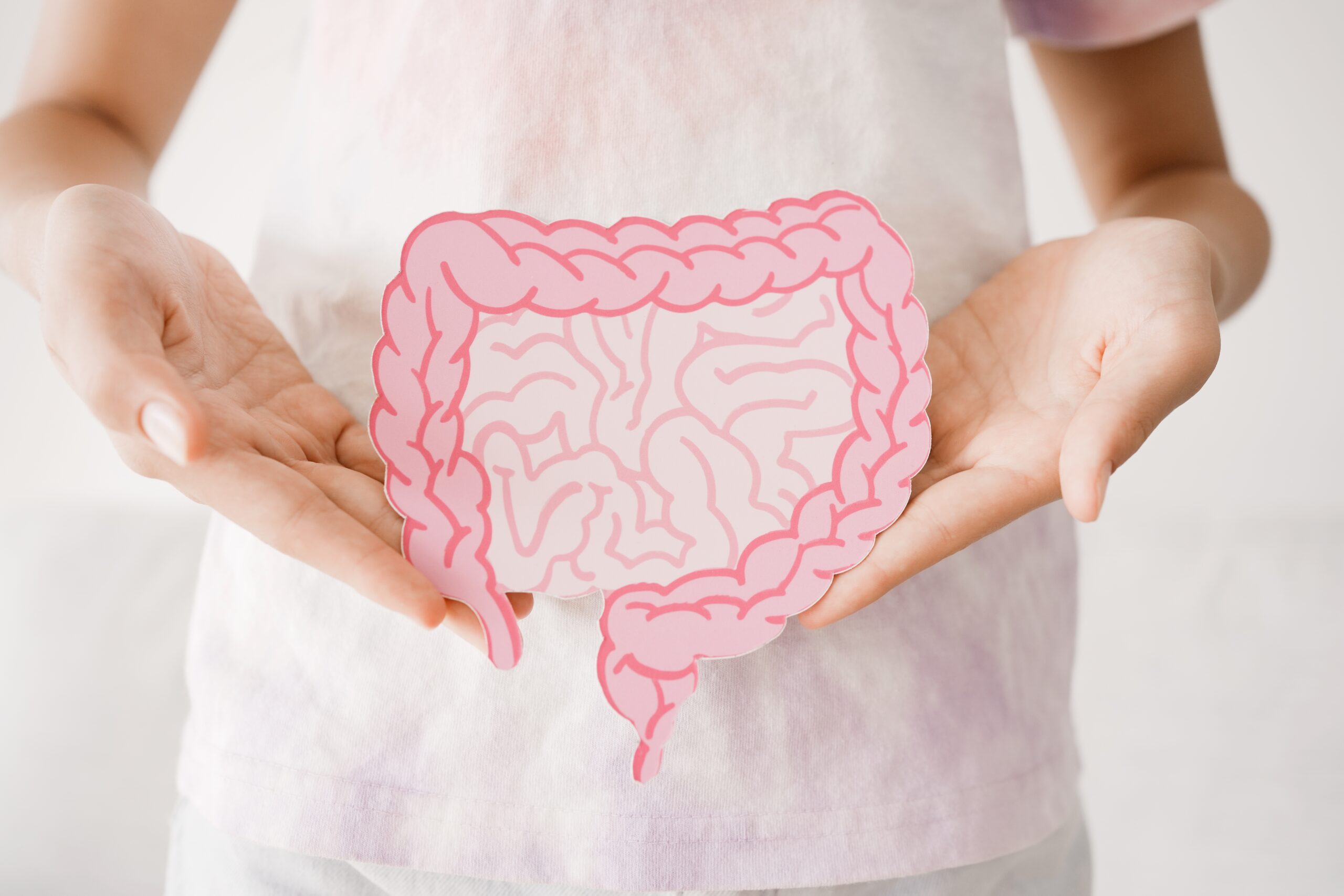A common artificial sweetener could be sabotaging cancer treatment, raising alarms among health experts.
Story Highlights
- New research links sucralose to reduced effectiveness of cancer immunotherapy.
- Sucralose intake may alter the gut microbiome and lower crucial amino acid levels.
- Supplementation with arginine or citrulline shows promise in preclinical trials.
- The study calls for immediate clinical trials to explore dietary interventions.
Sucralose’s Impact on Cancer Treatment
Recent findings by researchers at the University of Pittsburgh and UPMC Hillman Cancer Center indicate that sucralose, a widely used artificial sweetener, may significantly reduce the effectiveness of cancer immunotherapy. This revelation suggests that sucralose alters the gut microbiome, leading to a decrease in the amino acid arginine, which is crucial for immune cell function. The study advocates for further exploration of dietary changes in cancer treatment protocols.
Historically, sucralose has been marketed as a safe sugar substitute, popular among individuals managing weight or blood sugar levels. However, this research marks the first instance linking sucralose consumption to immunotherapy outcomes, highlighting a previously unrecognized risk factor for cancer patients. The study suggests that supplementing with arginine or citrulline could restore immune response, presenting a potential intervention to mitigate this risk.
A common supplement could reverse the hidden harm of sucralose https://t.co/CVRQwF9UBZ
— John Bind (@johnbind2) September 9, 2025
Research and Clinical Implications
The research underscores the importance of the gut microbiome in modulating immune responses and cancer therapy outcomes. Over the past decade, the role of the microbiome in health has gained significant attention, particularly in personalized medicine. This study contributes to the growing body of evidence suggesting that dietary factors can influence cancer treatment efficacy.
Although the findings are promising, they are primarily based on preclinical models and retrospective clinical data. The study’s authors urge the initiation of clinical trials to validate the supplementation strategy in patients consuming sucralose. Such trials could lead to the development of new dietary guidelines for cancer patients undergoing immunotherapy.
Watch: New Study: This Artificial Sweetener Could Make Cancer Treatment Less Effective –
Industry and Public Health Response
This research may prompt oncologists to advise cancer patients to limit their intake of sucralose during treatment. The food and beverage industry could face increased scrutiny as health professionals and regulatory agencies examine the safety of artificial sweeteners, particularly for vulnerable populations. The findings may also catalyze broader investigations into other dietary factors affecting cancer treatment.
Looking ahead, the study highlights the potential for dietary interventions to enhance cancer therapy outcomes. As the intersection of diet, microbiome, and immunity continues to be explored, healthcare providers and patients may adopt more personalized approaches to treatment, potentially improving efficacy and patient outcomes.
Sources:
Medical News Today
University of Pittsburgh School of Medicine
Williams Cancer Institute
SciTechDaily
Cancer Therapy Advisor




